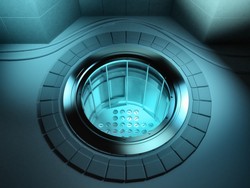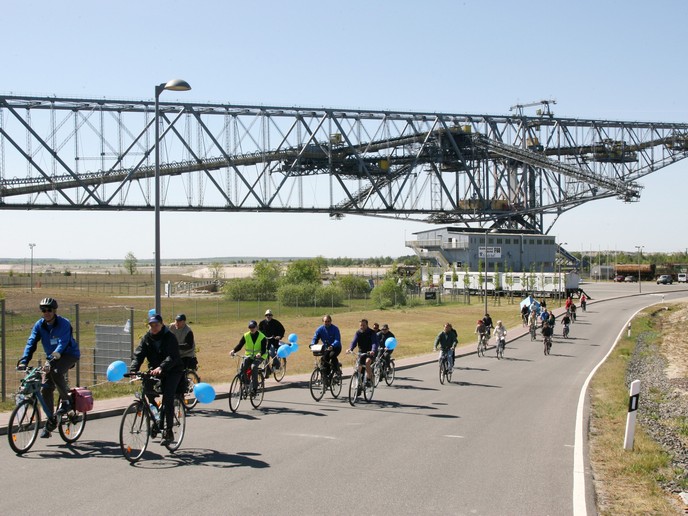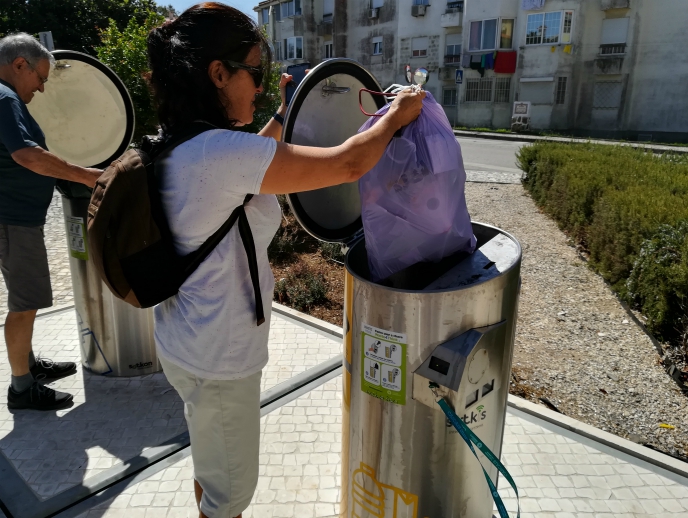New nuclear research facility in the works
MYRRHA (Multi-purpose hybrid research reactor for high-tech applications) is a ‘first of its kind’ nuclear research reactor coupled to a proton accelerator (a so-called accelerator-driven system (ADS)). It will be a lead-cooled fast reactor with two possible configurations: sub-critical or critical. The MYRRHA research reactor will demonstrate the feasibility of the ADS and the lead-cooled fast reactor concepts. Applications range from the transmutation of long-lived radionuclides in spent-fuel to material irradiation testing. MYRRHA will also be the only fast spectrum neutron irradiation facility in the EU, thus strengthening the European research area. The EU-funded MARISA(opens in new window) (MYRRHA research infrastructure support action) project was set up to further develop the MYRRHA nuclear research facility and to plan its construction. This involved overseeing the strategic and consortium planning, legal and financial aspects, governance and technical management required for the facility. The MARISA project is coordinated by the Belgian Nuclear Research Centre SCK-CEN and a consortium of 15 European organisations including universities, research institutes and industrial corporations. Consortium members examined different national and international research programmes and initiatives where MYRRHA can play a key role. In addition, a strategic road map was created outlaying the facility’s contribution as a fast spectrum research facility to the closing of the nuclear fuel cycle. The project highlighted the role of MYRRHA in demonstrating the feasibility of the transmutation of long-lived radionuclides to reduce the level of radiotoxicity of spent nuclear fuel. This would aid in better management of long-lived radioactive waste. Irradiation experiments will provide the basis for the development and testing of materials and components for future, safer nuclear systems that produce less nuclear waste including fusion reactor systems. The MYRRHA Research Infrastructure will also contribute to fundamental physics research and research on new and innovative radioisotopes for medical applications. Furthermore, MARISA drew up guidelines for the management of intellectual property rights within the consortium and created a framework for the legal and organisational aspects of MYRRHA. Its implementation will mark the transition from the pre-construction to the construction phase of the facility.







